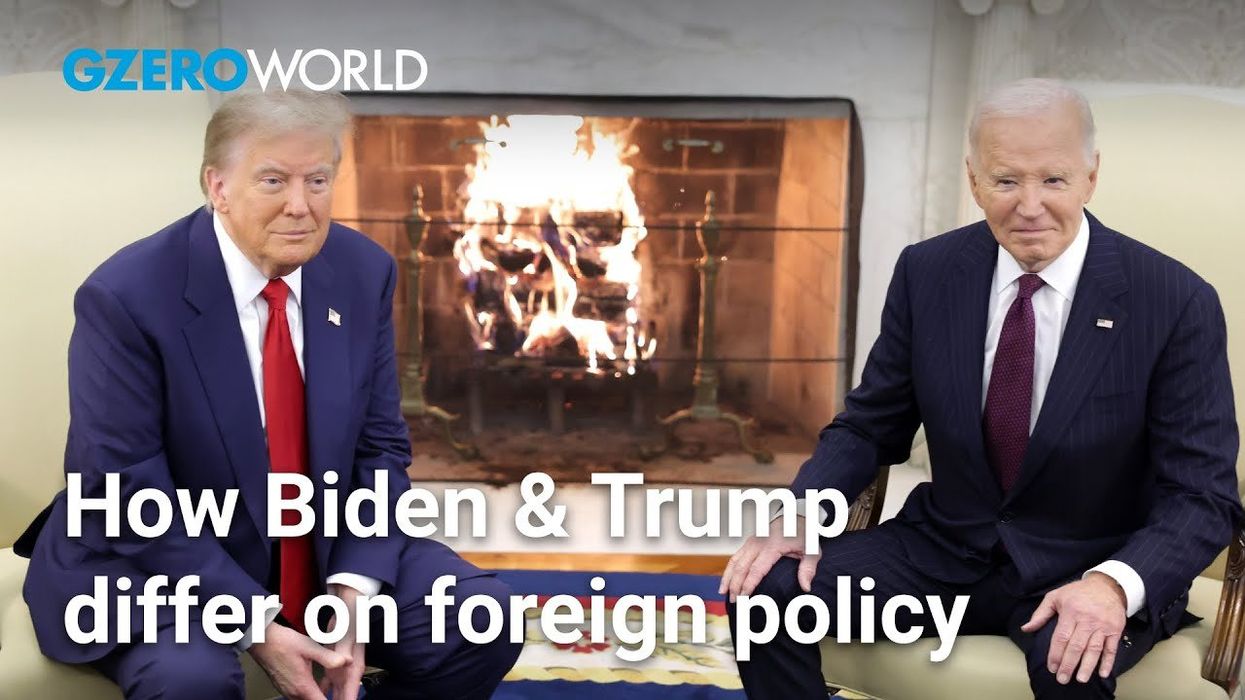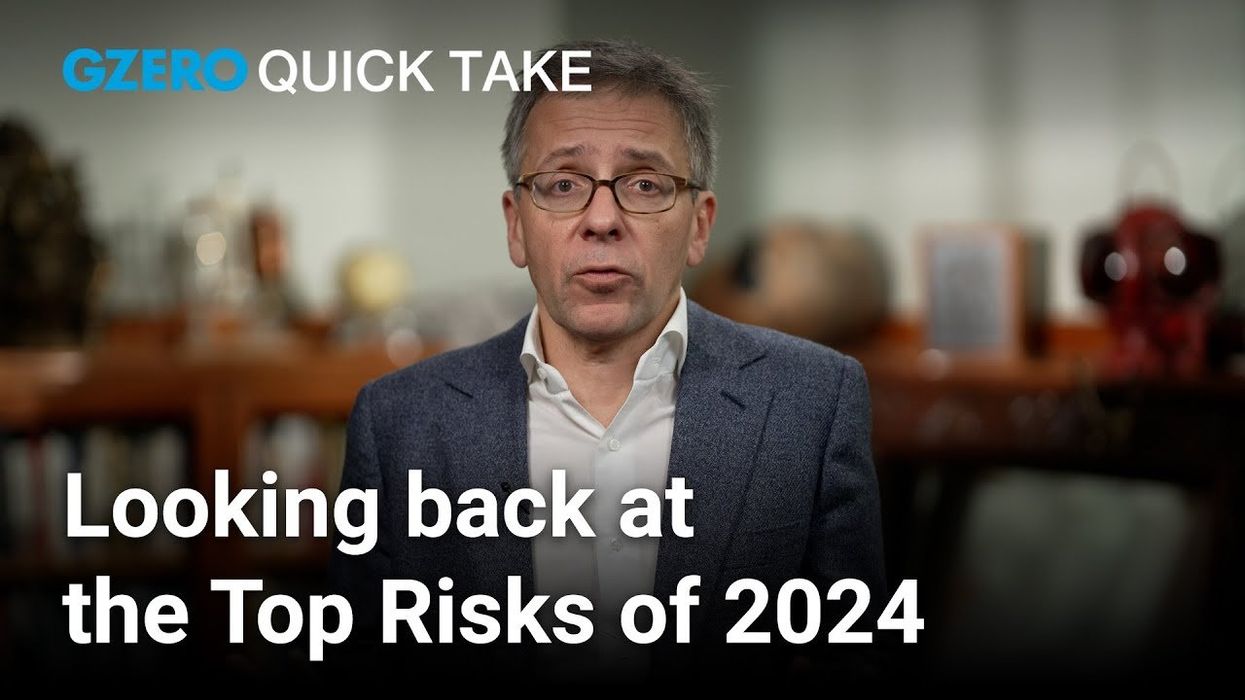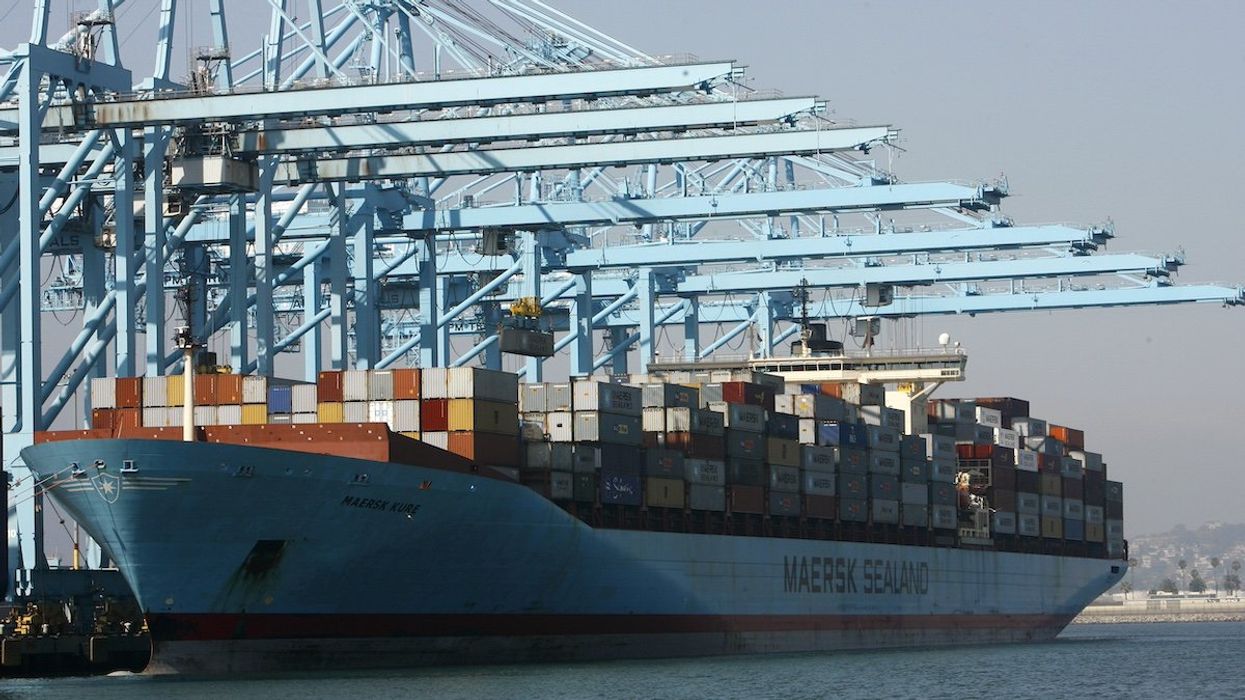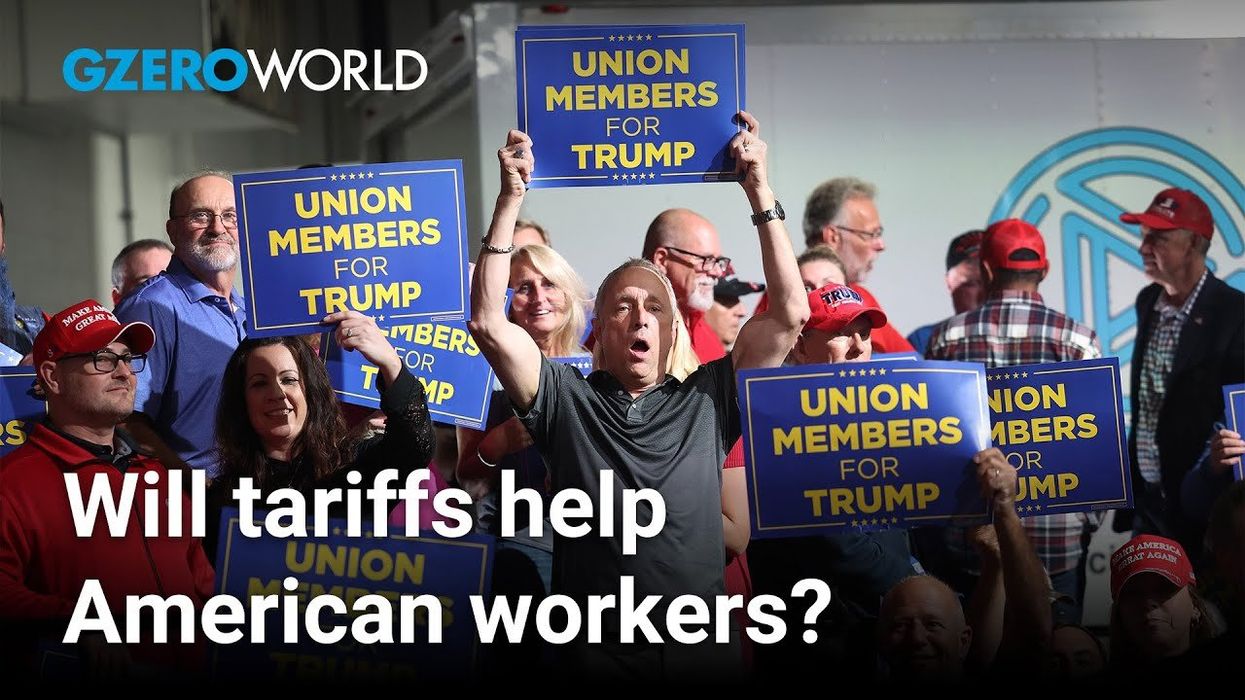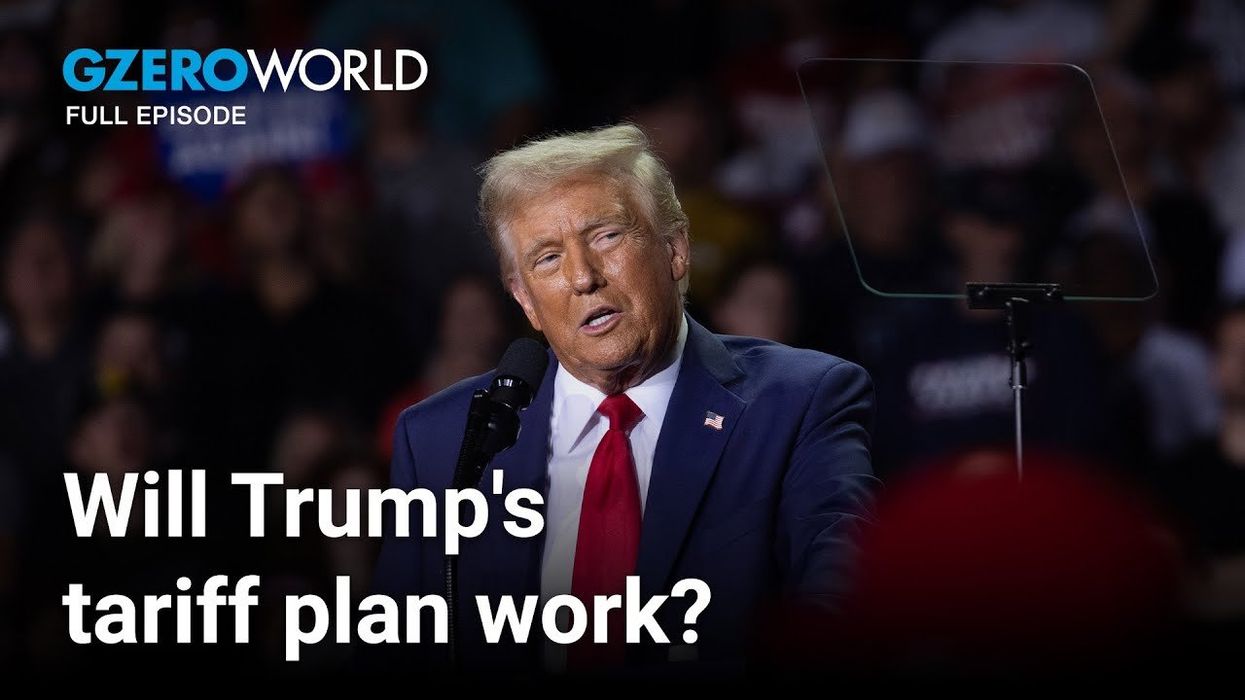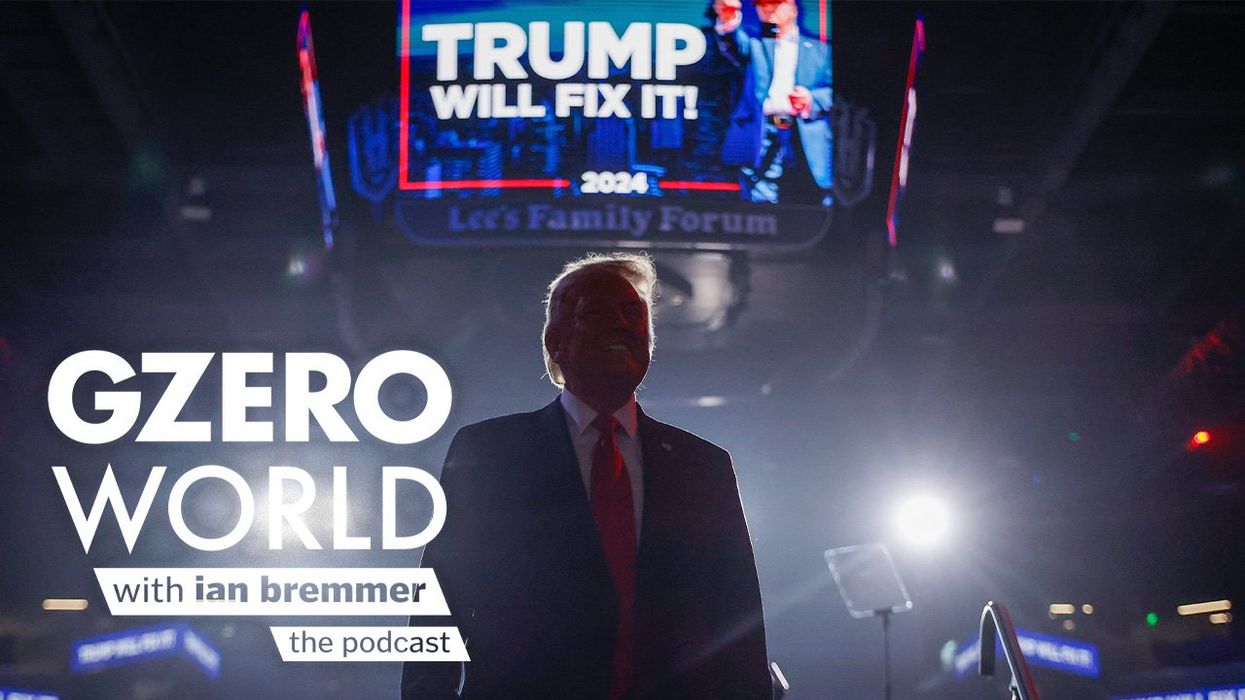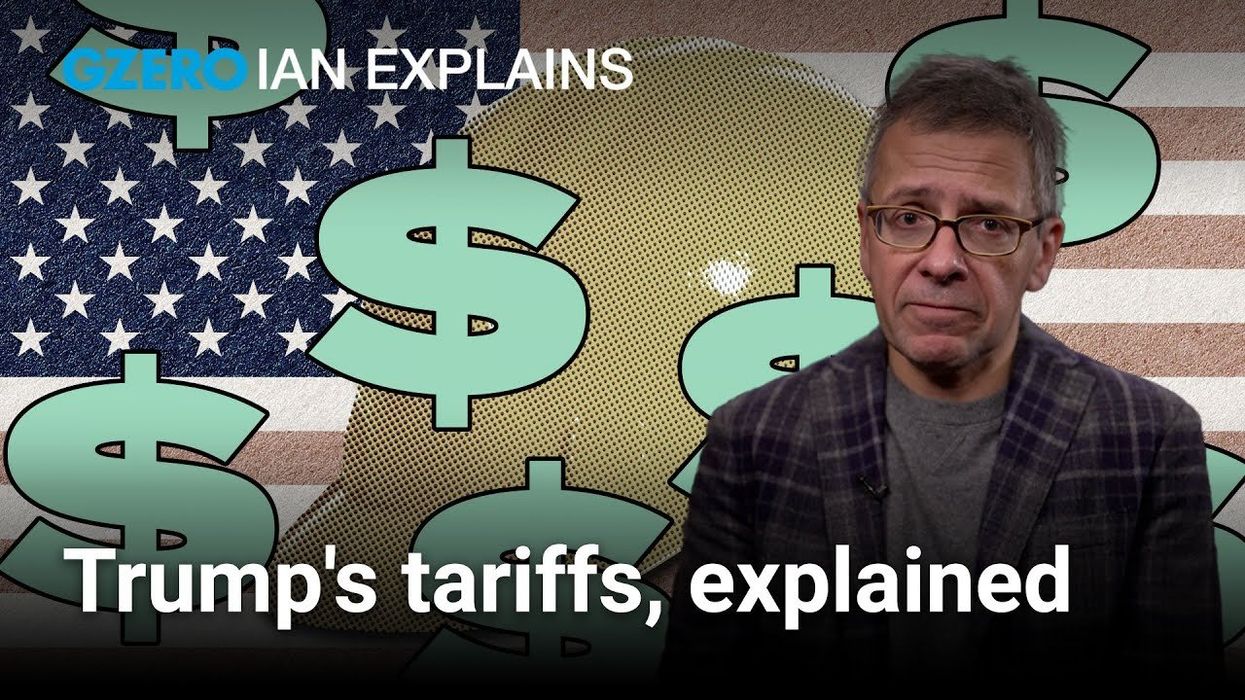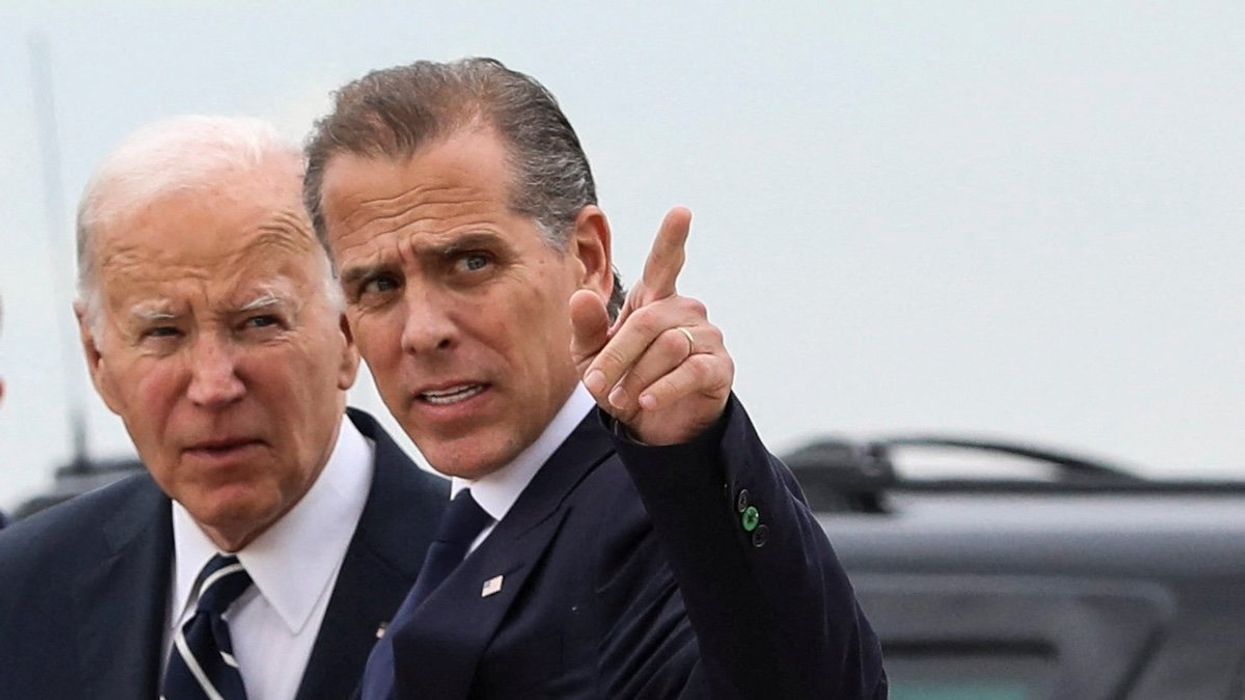GZERO Europe
At Davos, all eyes are on Trump
What’s been going on here in Davos? It’s been Trump, Trump, Trump. Carl Bildt, former prime minister of Sweden and co-chair of the European Council on Foreign Relations, shares his perspective on European politics from Davos, Switzerland.
Jan 23, 2025



